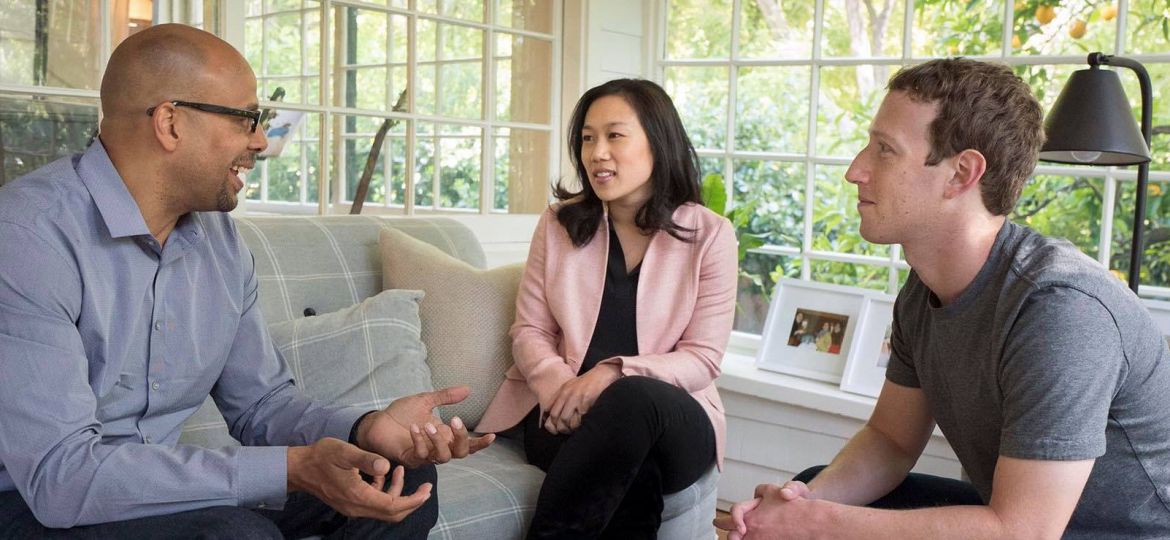
WHY THIS MATTERS IN BRIEF
- There’s a good chance that Jarvis, Mark Zuckerberg’s in house digital assistant, is more than just a quirky hobby to pass the time, it could be a beta test for a new Facebook product or feature
At the beginning of this year, Facebook CEO Mark Zuckerberg challenged himself to build an AI system to run his home and help him with work. He named the project Jarvis, after the fictional AI system built by Marvel’s Iron Man. This Jarvis may not have the wit or the Mind Stone of his namesake, but what Zuckerberg has managed to build is pretty impressive.
Zuckerberg recently explained the process of building Jarvis, while also being quite candid about its strengths and weaknesses. The system helps him and his wife Priscilla around the home by turning lights on and off, letting them know where their dog “Beast” is, or alerting them if their daughter is stirring in her room.
Not only did Zuckerberg have to come up with ways to connect all of these devices, but he also had to do so safely. As he explains, the home network is essentially an extension of Facebook’s infrastructure, which “imposed limits” on what he could control. Internet connected fridges, for example, don’t come with Facebook security certificates. That’s not a problem for most people, but most people aren’t Mark Zuckerberg. Keeping his security at home airtight was a primary concern.
One of the more interesting aspects of his project was how Zuckerberg chose to interact with Jarvis.
“One thing that surprised me about my communication with Jarvis is that when I have the choice of either speaking or texting, I text much more than I would have expected. Similarly, when Jarvis communicates with me, I’d much rather receive that over text message than voice. That’s because voice can be disruptive and text gives you more control of when you want to look at it. Even when I speak to Jarvis, if I’m using my phone, I often prefer it to text or display its response,” he said.
He says there is a trend toward text communication over voice, and that is going to play an important role in the future of AI interaction. However, he doesn’t downplay the significance of voice recognition capabilities, “on a psychologic level, once you can speak to a system, you attribute more emotional depth to it than a computer you might interact with using text or a graphic interface.”
Throughout the project, Zuckerberg was curious to see the areas in which AI has advanced beyond what we thought possible, as well as how we’re still short of the mark.
“AI is closer to being able to do more powerful things than most people expect — driving cars, curing diseases, discovering planets, understanding media. Those will each have a great impact on the world, but we’re still figuring out what real intelligence is,” he said, and therein lies the crux of Zuckerberg’s year long AI odyssey. It takes a lot of work to program AI to complete specific tasks, and while impressive, its not exactly learning on its own.
“We are still far off from understanding how learning works. Everything I did this year – natural language, face recognition, speech recognition and so on – are all variants of the same fundamental pattern recognition techniques. We know how to show a computer many examples of something so it can recognize it accurately, but we still do not know how to take an idea from one domain and apply it to something completely different,” he said.
Zuckerberg is rightfully proud of his achievements over the course of this year. He recognizes that what he can create in 150 hours of free time over a year is nothing compared to what his company’s top engineers could create in the time available to them. Since Jarvis is so entwined with his home, he has no plans to release the code as of yet, but someday the tech could serve as a base for future products and it’s easy to see how it could be woven into Facebook, Messengers and WhatsApp’s bot platforms.
“If I ever build a layer that abstracts more home automation functionality, I may release that. Or, of course, that could be a great foundation to build a new product.”
Either way, t’s safe to say that Zuckerberg was successful in this challenge, and we look forward to learning what goals has in store for 2017.
















